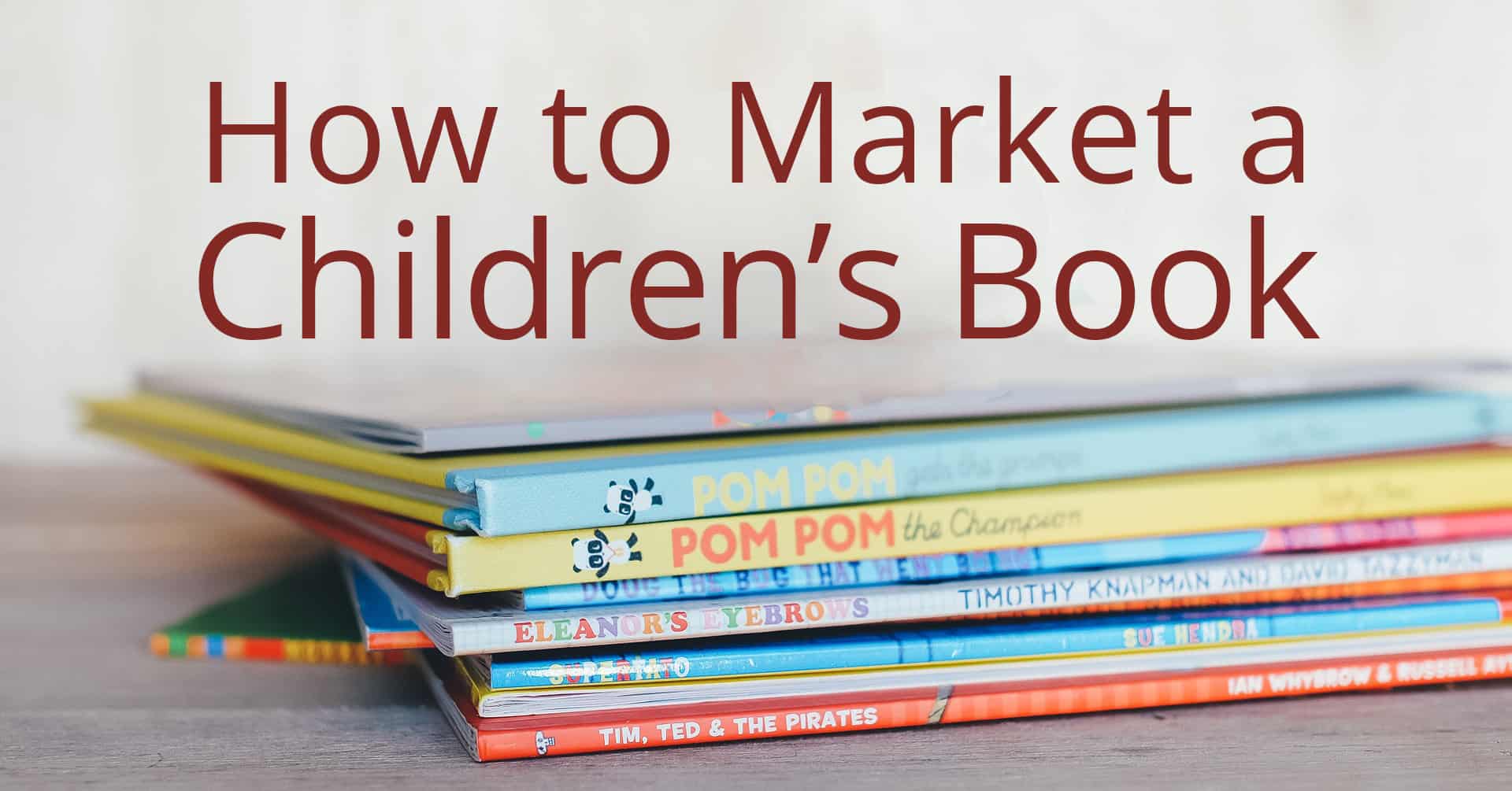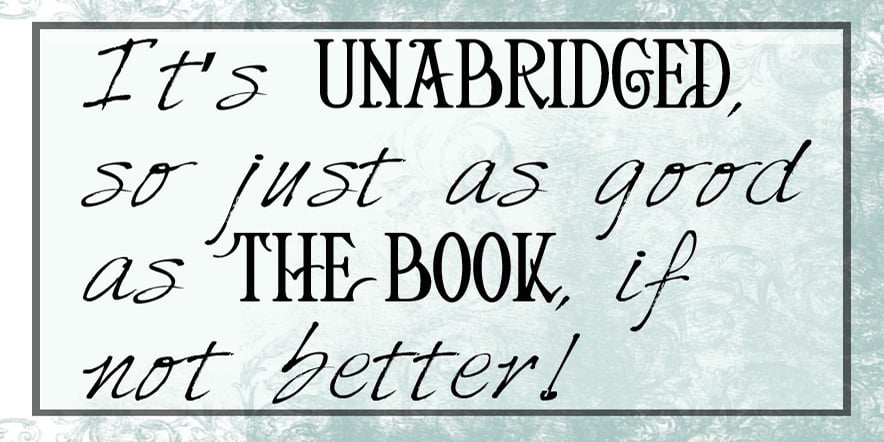
Like any other book, a book for children needs to be marketed well. Unless your children’s book has been published by a large mainstream publisher, that means most of the marketing has to be done by you. But with some careful planning it’s not as difficult as it might seem.
These days, marketing your book will involve taking a two-pronged approach, working both online and offline. There are lots of different ways to promote your book, and lots of different ways to get other people to promote it for you. Let’s get the ball rolling by taking a look at what you can do offline to generate interest in your work.
Market Your Children’s Book Offline
A strong marketing campaign can include some or all of the following:
- Book signings: negotiate with your local book store to hold a book signing day. Arrange it for a time when there will be plenty of people around, and split the profits with the owner or manager of the shop. If the signing goes well, he or she might be willing to put copies on the shelves. Once the deal is struck, get some posters made and put an advertisement in the paper so people will know about the event.
- School and library visits: try to get your local library to allow you to drop in for one of their story time sessions. These usually involve children and their parents who attend sessions where books are read out loud to them. Often this is done by librarians, but they’re usually willing to let other people have a go, especially published authors. Take the opportunity to read your book, and make sure you bring plenty of copies in case parents want to buy them. If you’ve written other books, bring them along as well. If the children and parents like your work, they might be tempted to buy a second or a third. And of course, you can sign copies for them, which will make it more personalized and give them a memento from the occasion.
- Merchandising: for book signings and school or library visits, it might be nice if you could put together some kind of activity pack. Perhaps you could get the illustrator to produce some black and white line images you could then distribute for children to color in. Or maybe you could get some balloons or badges printed. There might be some cost involved, but the children will remember you and will pester their parents for more of your material in the future.
- Sample distribution: give out free samples of your work to anywhere that will take them, such as schools and libraries, book stores, doctor’s and dentist’s waiting rooms, or workplaces of people you know. Simply leave one copy for visitors to thumb through, after getting permission from the owner.
This might sound like a lot of work, but of course you don’t have to do it all at once. You might visit a school, for example, and offer to read your first book. Because you’re the author, you’ll probably sell a few copies. Then, when your next book comes out, you’ll be invited back again, giving you the potential to sell more books. Sooner or later, the word will spread and you’ll start to get invitations to other schools. In some parts of the world you can sign up to become a “visiting author” in school districts, so it might be worth checking your local area to see if it offers this option.
You want to let as many people as possible know that you’re a published author, that you’re local, and that your book is available to buy. If you can swing it, try to get interviewed by your local or regional newspaper, or on your local radio station. The more things you can do to promote yourself, the better.
Market Your Children’s Book Online
Once your children’s book is published, you should make it available to buy online. But before anybody can buy it, they have to know about it. You can’t simply sit back and hope for sales, because they might never come.
If you have a wide circle of friends and a large family, initial sales might be quite good. That’s fantastic, as far as it goes. But sooner or later, those sales will dry up. You need to find ways to keep sales going for every book you get published.
Here are some tried and tested techniques you can use to do just that:
- Amazon testimonials: initial sales will probably come from people who know you. Whenever anyone buys one of your books from Amazon, ask them to write a testimonial. If you don’t know the person, you can ask them by adding a quick sentence at the end of the book. Positive feedback will go a long way to help potential buyers decide if they’ll choose your book over another.
- Amazon recommendations: every time you buy a book from Amazon, the site will recommend other books that are similar. You can use that to your advantage by devising a title that resembles other popular books, and by including plenty of appropriate tags during the publishing process. For example, if someone was looking for The Cat in the Hat, and your book was entitled Cats without Hats or something similar, it would likely show up as one of the recommendations.
- Google ads: you can advertise online using Google ads. These ads show up every time someone searches for a specific product, such as “children’s books about bullying” and so on. You set a limit on how many ads you’d like, and how much you’re willing to spend, and then you simply have to keep an eye on the ads to see if they’re bringing the returns you’d hoped for.
- Links and articles: place links to your books (or your book page on your website) in your email signature and in every article you write. Try penning articles that relate to the subject of your book or the set of characters in it.
- Facebook and LinkedIn: put permanent links to your children’s books on your LinkedIn page, and create a Facebook page dedicated to it. Invite people to read sample chapters, comment on the artwork, and leave feedback.
- Blogs and forums: blog about your book’s publication and about any successes you have. Join writers’ forums to discuss opportunities for marketing with other writers and to find out some of the things they might have tried. You can also search for “write my essay service” to contact with professional writers who can help you with advice on the matter.
- Podcasts: place sample chapters of your children’s book in a podcast, which can also include pictures. Podcasts use video as well as audio, so you could use Windows Live Movie Maker or similar software to create a short movie about your book, letting the illustrations drift by slowly as you read out a chapter or two. Be sure to get permission from the illustrator and/or publisher as required.
Brainstorm Ideas for Marketing a Children’s Book
There are hundreds of other things you could do to market your children’s book, and you might even be able to think of some yourself that I haven’t mentioned.
Try creating a mind map to expand your thinking, or ask people for advice and suggestions. Depending on where you live and the size of the population, you could be the only writer of children’s books in your immediate area. Use that information to help further your career by:
- Writing articles for newspapers and magazines: as soon as your book is published, try to get interviewed by your local paper. Follow up by writing a short piece about the state of children’s literature, the importance of libraries in children’s education, or something relevant to your book. They might not publish it, but if they do, it will help spread your name and reputation.
- Setting up workshops: you can do this through local schools or libraries, agreeing to give workshops on writing, creating characters, plotting a story, and so on. Or you might like the idea of working with children to develop a story of their own. There might be a class and teacher willing to let you work with them, and if your efforts result in something tangible, it will generate a lot of publicity.
- Joining writers’ groups: network with other writers in your area and make yourself known as a published writer of children’s books. These groups often hold events and workshops of their own, and if you can offer your services as a published children’s author, this could lead to all kinds of opportunities. Such groups can also be useful places to get feedback on new material.
Conclusion
Even if you’ve been published by one of the largest publishing houses in the world, you’ll still need to take some responsibility for marketing your children’s book. It can be onerous, or it can be fun, depending on how you look at it. But if you don’t market it, it won’t sell. If it doesn’t sell, no one will read it. And even if it becomes a children’s classic in a hundred years’ time, that’s not going to make you feel any better right now.
You’ve spent a lot of time writing your book and probably a lot of time trying to get it published. Once it’s out there, keep working to make sure it finds as many fans as possible. And good luck!













There is no limit to training. It isn’t so much that you read a book, breeze through an assessment, and finish your schooling. The entire of life, from the second you are brought into the world to the second you kick the bucket, is a course of learning.
Children’s books have lots to teach no matter what stage you are in life. Take and treasure these lessons because they will always apply to life.